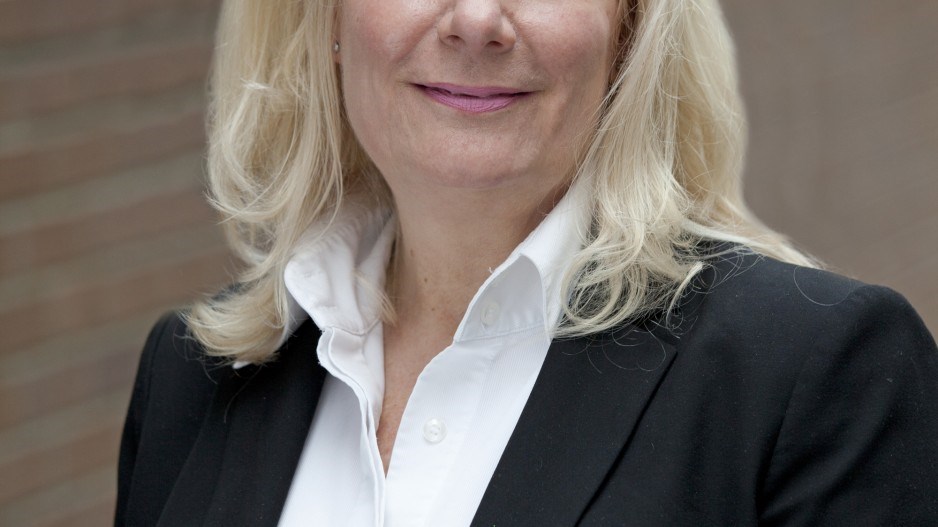Two B.C. women are helping spearhead an international effort to make small mining operations safer and more profitable.
“Women artisanal miners are living below the poverty line even through they’re sitting on millions of dollars’ worth of gold,” said Suzette McFaul, founding director of SEF Canada.
The Vancouver-based consultancy, specializing in corporate social responsibility, has teamed up with the United Nations and the Ecuadorian government to start the Clean Gold Community Solutions initiative.
Angelica Mirza, head of investor relations for Clean Gold, said the program “provides the miners equal partnership so the entire community has a vested interest in their success. The philosophy is to make them independent.”
The program works with subsistence miners to provide them with the means, resources and education to run a more efficient operation.
“The miners are partners in Clean Gold, giving them greater financial security by aiding the education and technological growth in these communities and providing environmentally friendly systems, especially in gold processing,” McFaul said.
Clean Gold will work with communities in Ecuador to help increase their gold yield 300% by changing the chemicals they normally use in the gold mining process.
The United Nations Industrial Development Organization in Ecuador is supporting the SEF Canada program by providing assistance on the ground. The UN also plans to be a small financial partner along with the University of British Columbia (UBC), which has already committed funds.
Small-scale mining dominates the market in developing countries like Ecuador. According to a 2012 case study from the UN Environment Program, small-scale mining in Ecuador is responsible for more than 75% of the country’s gold production and 65% of its employment. Most of the industry’s workforce is made up of women and children, with women accounting for 40% to 50% of the employment.
Most small-scale miners use mercury to mine for gold, said Marcello Veiga, associate professor with UBC’s mining engineering program.
The process has a number of harmful effects on both people and the environment. Mercury is toxic and difficult to dispose of properly. The metallic mercury used in mining, over time, turns into methylmercury, an even more dangerous substance. Methylmercury collects in inland and marine ecosystems, affecting the health of fish and wildlife and consequently human health.
While the use of cyanide in gold mining as a less harmful substitute may seem counterintuitive, it does not have the same long-lasting environmental impact. It does not build up in the food chain or persist in the environment and quickly breaks down into less toxic chemicals when exposed to sunlight and air.
“By switching from mercury to cyanide they can make more money, they can make more gold and it’s far less toxic to people,” said Veiga.
While mining with mercury is a faster process than using cyanide – mercury takes a day to yield gold whereas cyanide can take up to a week – mercury recovers only gold that is not attached to other minerals, resulting in a 20% to 30% yield, according to Veiga. Cyanide can result in gold yields of 90%.
Veiga added that subsistence miners using the less effective mercury process fall prey to large mining companies, which give them lower-yield pricing for minerals. The companies, in turn, process the minerals through their more efficient systems and profit from higher yields. Clean Gold works with the artisanal miners so that they can reap as much of the benefit from their gold deposit as they can.
Clean Gold is also working to eliminate the negative social effects that the mining industry can have on people in developing nations.
When a mining company leaves a community that was economically dependent on the industry, it can have devastating effects on the area’s residents. This has prompted a co-operative approach to Clean Gold’s business model.




